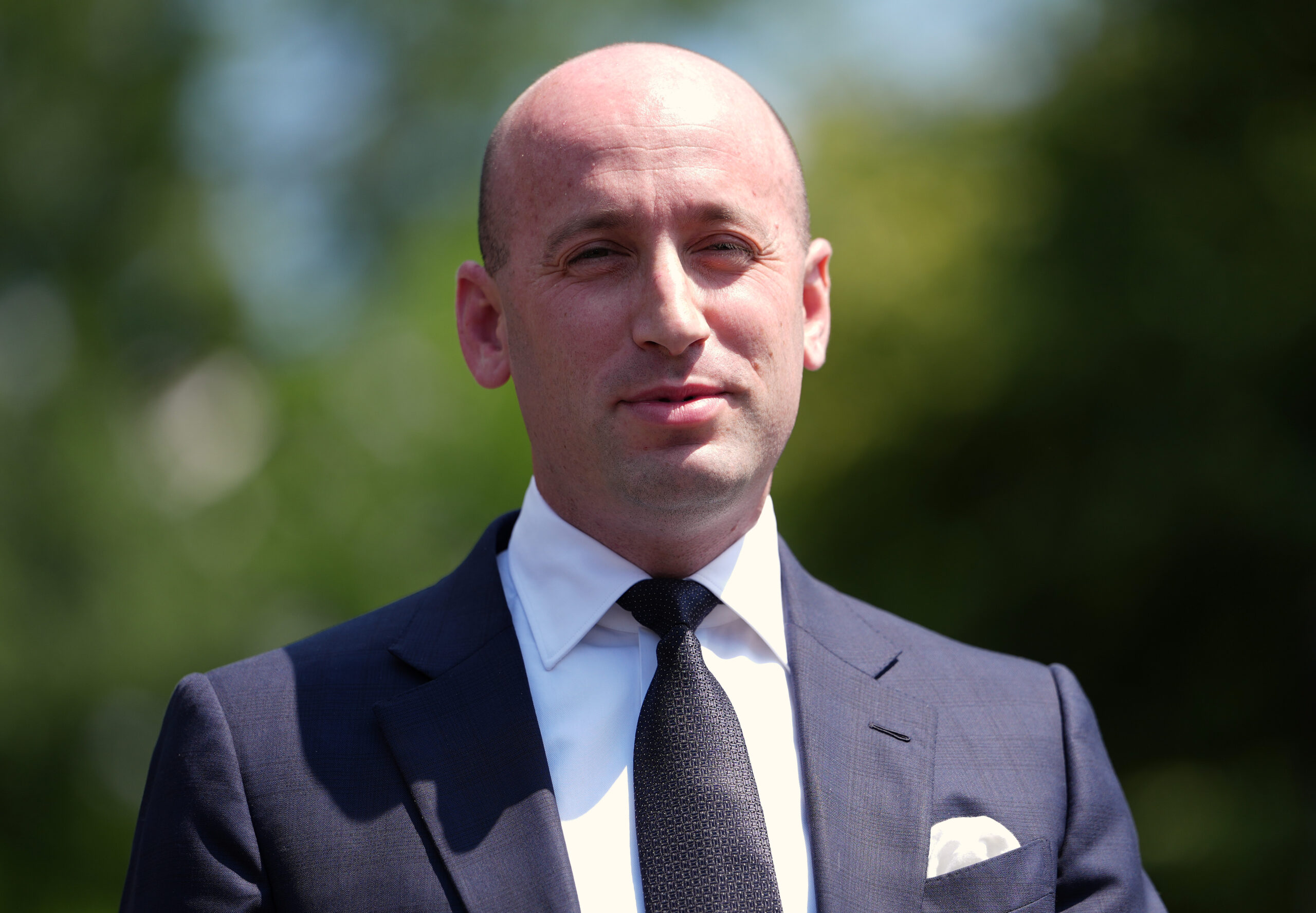Press Release
Judge Sonia Sotomayor: Where Does She Stand on Common Cause Issues?
Common Cause supports many of the opinions Judge Sonia Sotomayor has issued on issues of campaign finance regulations, election law and abuse of power by public officials. We believe her consistent record on both the trial and appellate bench shows that Judge Sotomayor does not hesitate to apply the law to limit the influence of special interests, increase opportunities for citizens to vote, and limit the excessive use of executive powers in appropriate cases.
As the Supreme Court has indicated its intention to reconsider an earlier decision regarding use of corporate money for phony “issue ads” immediately before an election, it is important that the Senate confirm a candidate who has a pragmatic and real-world understanding of the need for campaign finance regulations, and who will interpret the law fairly and not from an ideological perspective. Judge Sotomayor’s record shows that she is such a jurist. Judge Sotomayor served on the New York City Campaign Finance Board from 1988 until 1992, when she took the bench. During that time, she was an advocate of campaign finance reform. In a 1996 Suffolk University Law Review Article, Judge Sotomayor asked, “Can elected officials say with credibility that they are carrying out the mandate of a “democratic” society, representing only the general public good, when private money plays such a large role in their campaigns?” Since joining the bench Judge Sotomayor has shown political pragmatism in the few decisions she’s made regarding campaign finance.
In her 17-year tenure as a judge, Judge Sotomayor has also heard various cases regarding structural discrimination in elections. Here, too, her decisions show a balanced and thorough understanding of the law’s limits and requirements. Based on her past decisions, it appears Judge Sotomayor regards preventing both impropriety and the appearance of impropriety in government as important state interests. She properly interprets the law to reserve strong remedies, such as enjoining the election process, for cases where more significant and structurally ingrained discrimination, rather than incidental discrimination, has been shown. Judge Sotomayor has also ruled against felon disenfranchisement where it has a disparate racial impact on minorities. Yet she has upheld voting restrictions where the voter is not completely barred from voting.
Importantly, Judge Sotomayor has been an advocate of judicial independence as critically important to our government’s system of checks and balances. In 1999, she stated: “. [J]udicial independence is vital for the well being of our particular form of democratic government, which seeks to forestall the threat of tyranny by dividing power among the three branches of government, and by giving each branch the power to check the others’ excesses.” Her decisions show that she will fairly apply the law to hold public officials accountable for their abuse of the power of their office. Judge Sotomayor has also shown a respect and understanding for matters of process, such as due process, as well as individuals’ rights of privacy, speech and religion.
Click here to read Common Cause’s analysis on Judge Sotomayor’s record on issues ranging from voting rights to campaign finance reform.
